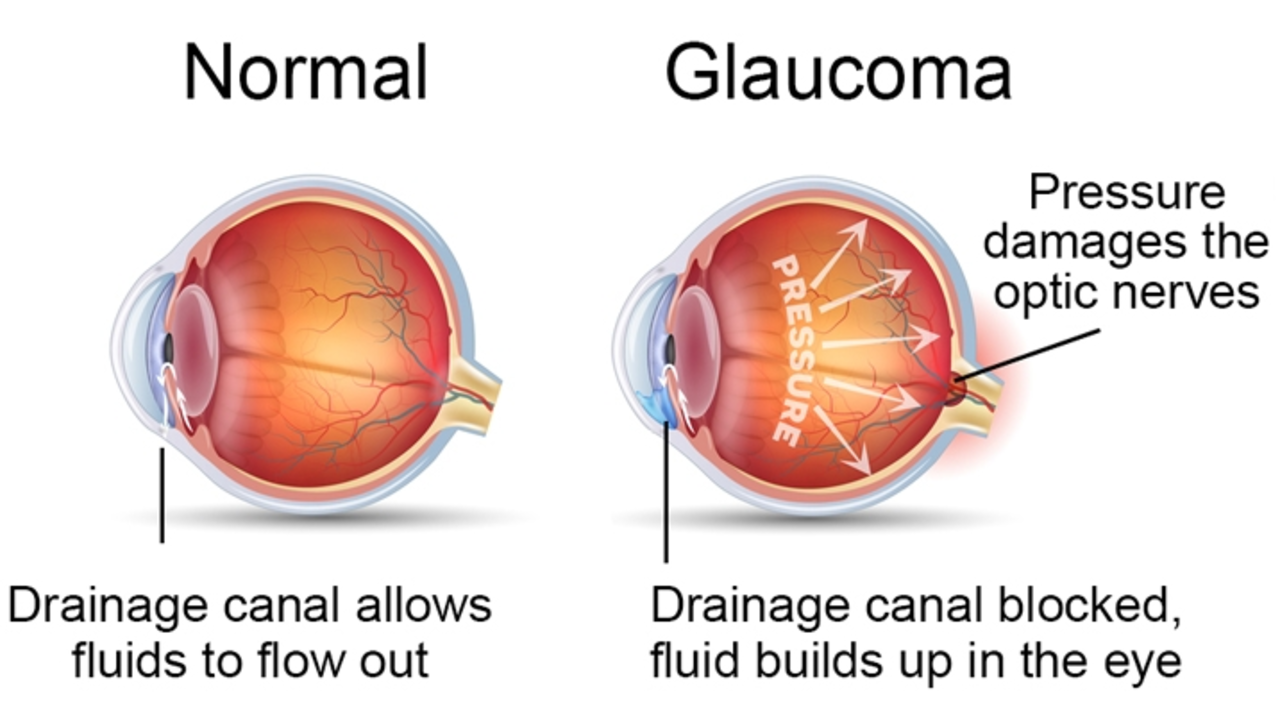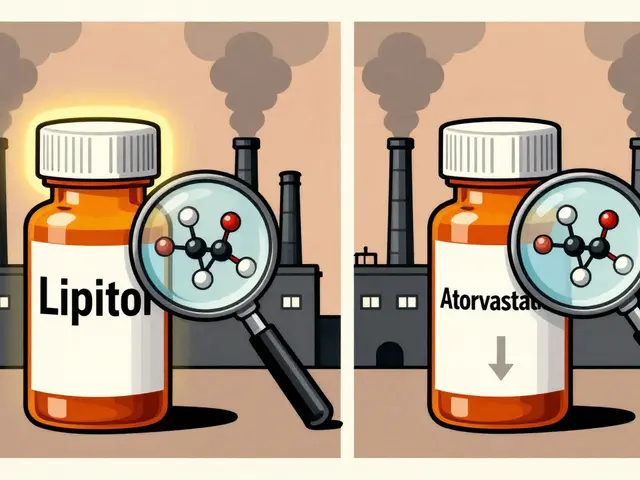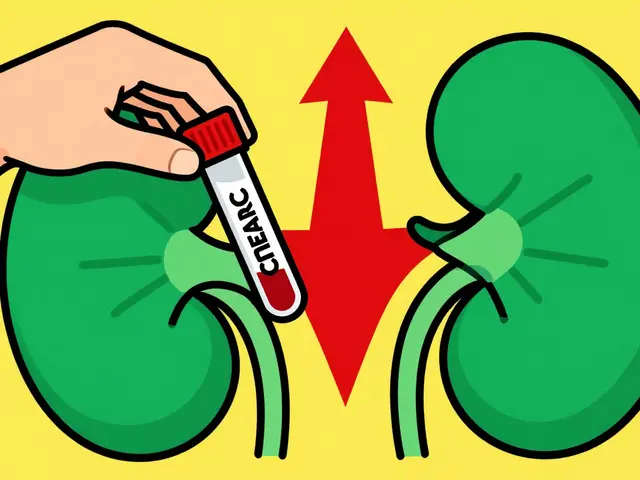Early Warning Signs: How to Catch Health Issues Before They Get Serious
Ever wonder why some people seem to bounce back from a cold while others end up in the doctor’s office? The difference often lies in spotting early warning signs. Those tiny clues—like a sudden headache or odd fatigue—can tell you something’s off before it becomes a full‑blown problem. Knowing what to look for helps you act fast, saves money, and keeps you feeling good.
Common Signals Your Body Sends
Most of us ignore small changes because they feel harmless. But certain patterns are worth a second glance. A persistent cough that lasts more than three weeks could mean an infection or even early‑stage asthma. Unexplained weight loss, especially when you’re not trying to diet, might point to thyroid issues or diabetes. If you notice frequent thirst, blurry vision, or slow healing cuts, those are classic sugar‑level red flags.
Heart problems have their own set of whispers. Chest tightness, shortness of breath during mild activity, or a feeling of pressure in the upper left chest shouldn’t be brushed aside as stress. Stroke warning signs are even sharper: sudden facial drooping, arm weakness, or trouble speaking—remember FAST (Face, Arms, Speech, Time). Spotting these early can mean the difference between full recovery and lasting damage.
When to Take Action
You don’t need a medical degree to decide when to call a professional. If a symptom lasts more than a few days, gets worse, or interferes with daily life, it’s time to reach out. Keep a simple log: note the symptom, when it started, and anything that makes it better or worse. This record gives your doctor a clear picture and speeds up diagnosis.
Some signs need immediate attention. Sudden severe headache, loss of consciousness, chest pain radiating to the arm or jaw, and sudden vision changes are emergencies. Dial emergency services right away—don’t wait for an appointment.
For less urgent but still concerning signals, schedule a routine check‑up. Preventive visits let you discuss any odd feelings, get basic labs done, and tweak lifestyle habits before anything serious develops.
Remember, early warning signs are your body’s way of sending a text message. Treat them like alerts on your phone: read them, act on them, and keep the conversation going with your healthcare provider. By staying tuned in, you give yourself the best shot at staying healthy longer.






